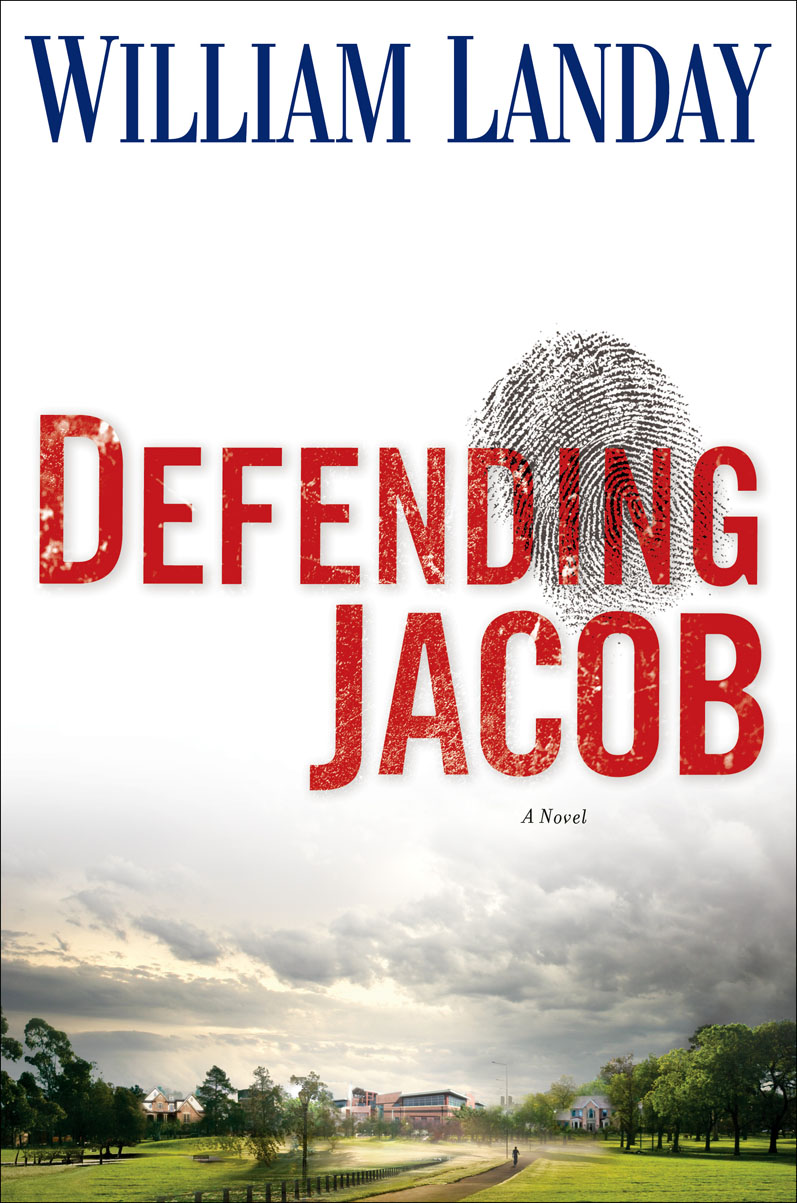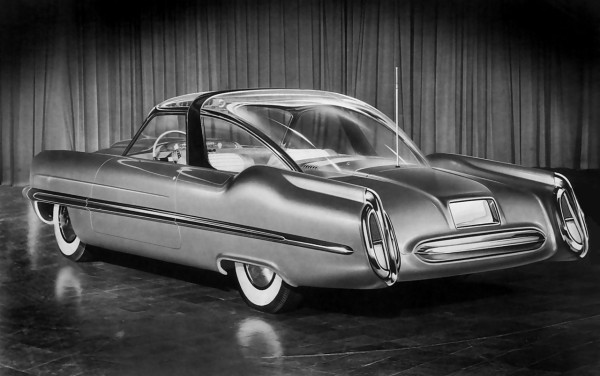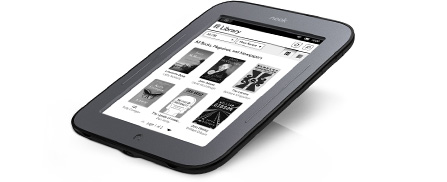While I was away on vacation last week, I received this jaw-dropping blurb from the perennial bestselling author Joseph Finder:
A novel like this comes along maybe once a decade. William Landay’s Defending Jacob is a tour de force, a full-blooded legal thriller about a murder trial and the way it shatters a family. With its relentless suspense, mesmerizing prose, and a shocking twist at the end, it’s every bit as good as Scott Turow’s great Presumed Innocent. But also something more: an indelible domestic drama that calls to mind Ordinary People and We Need to Talk About Kevin. A spellbinding and unforgettable literary crime novel.
Thank you, Joe. But next time could you try to be a little more enthusiastic?


 A couple of days ago, my wife gave me a Nook for my birthday. It is the first e-reader I have owned, and so far I have been very impressed.
A couple of days ago, my wife gave me a Nook for my birthday. It is the first e-reader I have owned, and so far I have been very impressed.